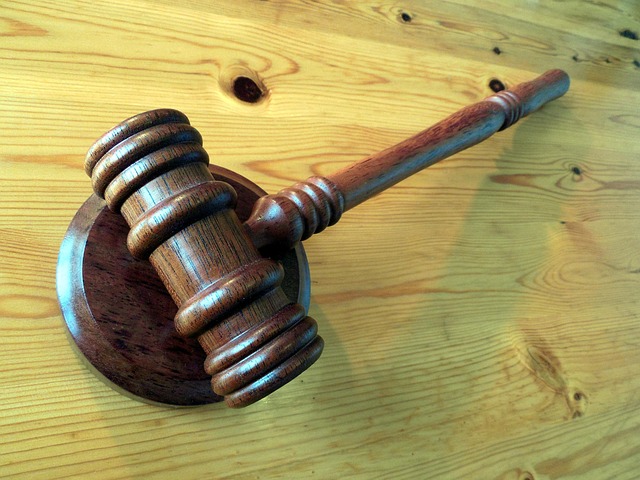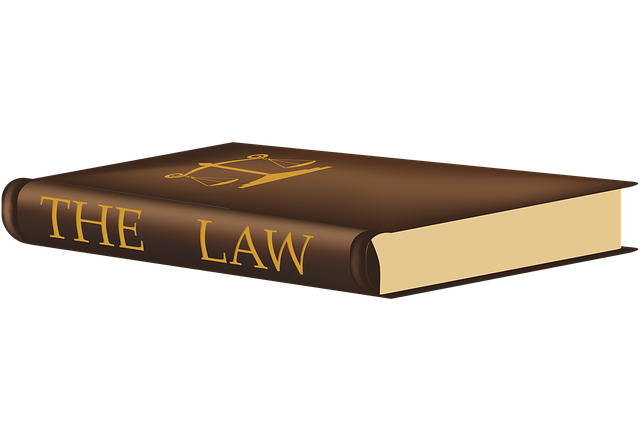Antitrust laws, similar to Miranda Rights in criminal cases, protect fair competition by preventing practices like price fixing, market division, and collusion. Violations lead to severe legal consequences, with evidence and strategic defense crucial for businesses accused of anticompetitive conduct. Penalties include fines, structural changes, and potential criminal charges, deterring misconduct and fostering a competitive environment.
Antitrust violation cases are a critical aspect of maintaining fair competition in markets, ensuring consumers aren’t harmed by monopolistic practices. This article delves into the intricacies of antitrust laws and their purpose, sheds light on common behaviors that breach these rules, and explores the role of evidence in litigation. We also examine the consequences for companies found guilty, drawing parallels with the Miranda rights in criminal proceedings to highlight due process protections.
- Understanding Antitrust Laws and Their Purpose
- Common Behaviors That Violate Antitrust Rules
- The Role of Evidence in Antitrust Litigation
- Consequences for Companies Found Guilty of Violations
Understanding Antitrust Laws and Their Purpose

Antitrust laws are designed to promote fair competition and prevent businesses from engaging in anti-competitive practices that could harm consumers. These laws aim to ensure a level playing field, fostering innovation and economic growth. Understanding these regulations is crucial for both businesses and legal professionals, especially when navigating complex corporate landscapes across the country. Just as the Miranda Rights in criminal proceedings inform individuals of their rights, antitrust laws inform businesses about restrictions on pricing, market sharing, and mergers to avoid stifling competition.
The purpose behind these legal frameworks is to encourage a robust marketplace where companies compete based on quality, price, and innovation. When violations occur, whether through collusion, price-fixing, or monopolistic behavior, it can lead to significant legal repercussions. Across the country, numerous high-profile cases have highlighted the importance of a winning challenging defense verdict, with juries playing a pivotal role in determining the outcome. This ensures that businesses adhere to fair practices and consumers’ rights are protected.
Common Behaviors That Violate Antitrust Rules

In the realm of antitrust law, several behaviors are considered violations that restrict free market competition. These include agreements or practices among businesses that stifle innovation and raise consumer costs. For his clients involved in white-collar and economic crimes, understanding these prohibited acts is paramount. Common scenarios include fixing prices, dividing markets, or creating exclusive deals to limit the entry of new competitors. Such actions hinder consumer choice and often result in higher prices for goods and services.
Moreover, companies may engage in collusion, where they secretly coordinate their actions to manipulate market outcomes. This can involve sharing sensitive business information or agreeing on production levels, both of which distort the competitive landscape. Additionally, acquiring rival businesses or using market power to force suppliers or customers into unfavorable contracts are also violations. These tactics undermine fair competition and can lead to significant legal repercussions, including potential fines and structural remedies to restore market integrity.
The Role of Evidence in Antitrust Litigation

In antitrust violation cases, evidence plays a pivotal role, akin to how the Miranda Rights are crucial in criminal proceedings. The process demands meticulous gathering and presentation of data to prove or disprove allegations of anti-competitive practices. Lawyers involved in white collar defense strategies must ensure their clients’ rights are safeguarded while navigating complex legal landscapes. This involves carefully examining financial records, communications, and market behavior to construct a compelling narrative that either justifies business actions or highlights illegal agreements.
Antitrust litigation often hinges on subtle nuances and hidden patterns, making evidence the linchpin for securing just outcomes. For his clients, avoiding indictment requires not only understanding legal intricacies but also presenting a coherent defense backed by solid empirical and circumstantial proof. This meticulous approach ensures fairness, allows for robust challenge of allegations, and ultimately determines whether business practices are deemed lawful or guilty of anticompetitive conduct.
Consequences for Companies Found Guilty of Violations

When companies are found guilty of antitrust violations, they face significant legal and financial consequences. These penalties are designed to deter future misconduct and promote fair competition in the market. The impact can be severe, often resulting in substantial fines and potential structural changes within the organization. For instance, a company might be required to divest certain assets or operations to restore competition, as decided by the court.
Additionally, the guilty verdict may lead to criminal charges for individuals involved, mirroring the concept of Miranda Rights in criminal proceedings. This includes executives and board members who could face imprisonment and hefty fines. Such cases send a strong message across the country, emphasizing that both corporate entities and their leaders are accountable for upholding antitrust laws. Moreover, the consequences extend beyond legal penalties; they also affect a company’s reputation, potentially damaging its standing within the philanthropic and political communities.
Antitrust violations, akin to criminal offenses with corresponding Miranda rights, demand a comprehensive understanding of legal frameworks and evidence collection. By recognizing prohibited behaviors and the importance of solid proof, companies can steer clear of severe consequences, including substantial fines and reputational damage. Effective litigation strategies, built on robust evidence, ensure fair market competition, a cornerstone of economic prosperity for all.






